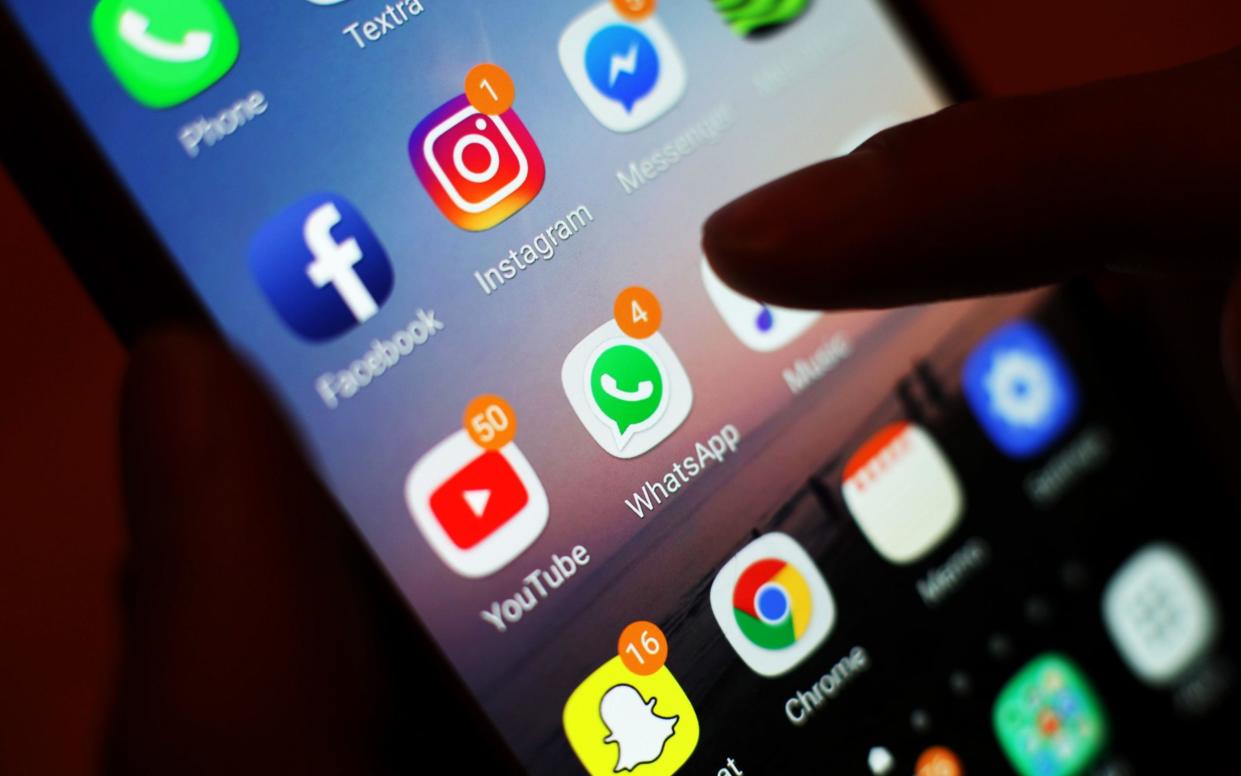Florida is banning social media for kids. We must too

Florida has this week passed a law to ban children under 14 from using social media. It’s unclear whether the ban will work as tech bosses seek to challenge the legislation in court. But what is clear is that here in Britain we too must act to rescue our children from a phenomenon that is robbing them of their childhood.
On Tuesday, renowned US psychologist Jonathan Haidt published The Anxious Generation. In the book Haidt charts how the Western experience of growing up has been transformed over the last forty years from an outdoor, real-world, “play-based childhood” to a “phone-based childhood” in which kids now live their lives indoors and online through tiny screens.
This radical change offers no obvious benefits to children. Under any conceivable measure, adolescent wellbeing has plummeted over the last fifteen years since social media and smartphones became ubiquitous. In the UK, teen suicides have doubled for boys and trebled for girls. Hospital admissions for self-harm have rocketed. Anxiety and depression are crippling a generation of young people, as evidenced by the record number signed off work. There is compelling evidence that the rise of smartphones and social media do not just coincide with the collapse in child mental health; they are its cause.
Any young person who has spent time on Instagram or TikTok is aware of the sorts of harmful content to which they can be exposed on these platforms. Videos promoting eating disorders, violent hardcore pornography and dangerous misinformation proliferate. But it’s not just disturbing content that is harming our children; these apps are designed to consume their attention and keep them addicted using algorithms that hack into the brain’s dopamine reward system.
A phone-based childhood affects boys and girls differently, but both are missing out on the physical experiences and relationships that young bodies and brains need to develop skills such as social confidence and conflict-resolution that are vital for adult life. Superficially, social media and gaming meet children’s need for social interaction, but in reality these platforms leave them isolated and anxious.
Several times while reading The Anxious Generation I had to put the book down, overwhelmed with sadness for what our children have lost. Many parents share a growing sense of anger that super-rich and internationally powerful Big Tech has been given a free pass to push an unsafe and addictive product on our children. At a recent speech in the House of Lords, US Surgeon General Vivek Murthy told parliamentarians that if social media was a pharmaceutical drug, it would be withdrawn for safety reasons.
That’s why Florida is right to act, and why the UK must follow suit. If we don’t protect children from smartphones and social media, the future for them – and for the whole of society – is bleak. The age at which children are using these products is getting lower and lower, and one in five toddlers now owns their own smartphone. Teachers report huge increases in developmental and behavioural problems.
Some still resist legislative action on this issue, claiming that better parenting is all that’s required. But we don’t take that approach to other addictive and harmful substances such as tobacco and drugs. Even children whose parents do resist the pressure to give them smartphones now suffer a cohort impact. Isolated from friends and with no one to play with, even a phone-free child cannot escape the devastating effects of a phone-based childhood.
In the UK we must act without delay. We should amend the Online Safety Act to raise the minimum age for social media accounts to 16 and impose far stricter penalties on tech companies that knowingly allow underage users. We must restrict the sale and use of smartphones for children – it cannot be beyond the wit of tech manufacturers to create a child-safe phone. Childhood is precious and irreplaceable; we must stop at nothing to protect it.

